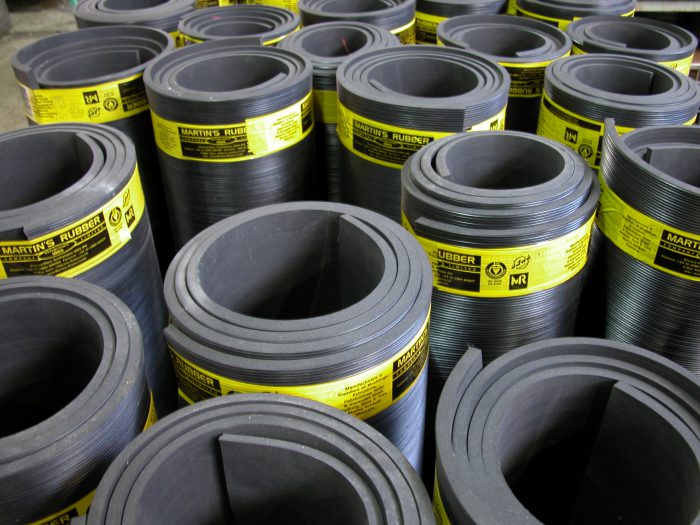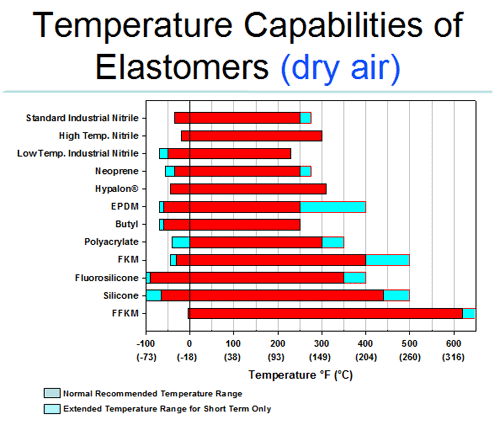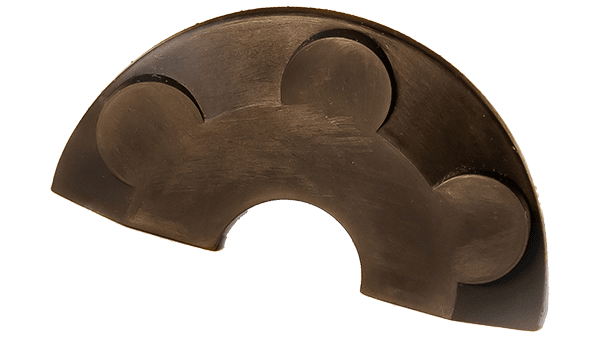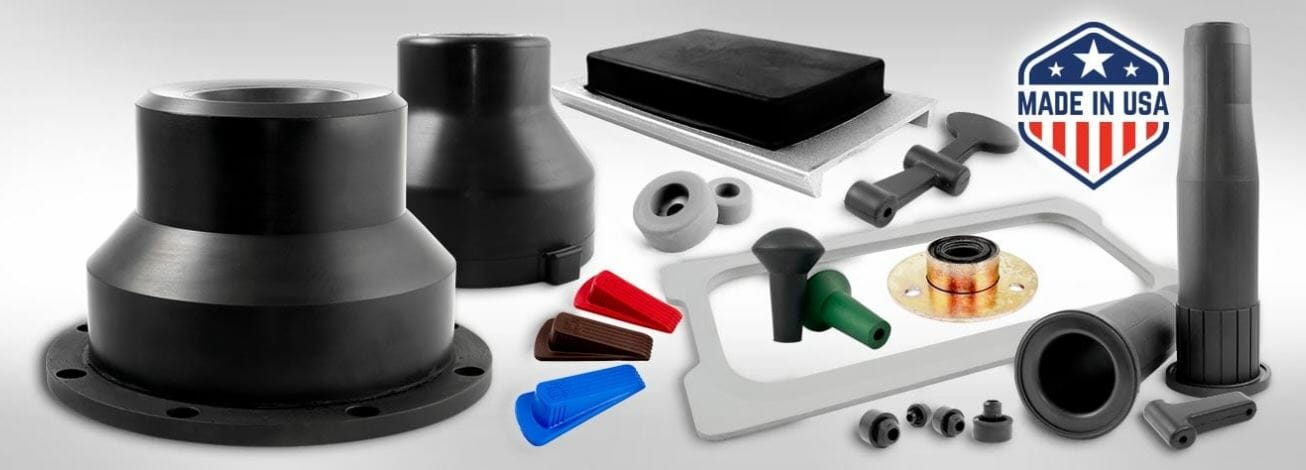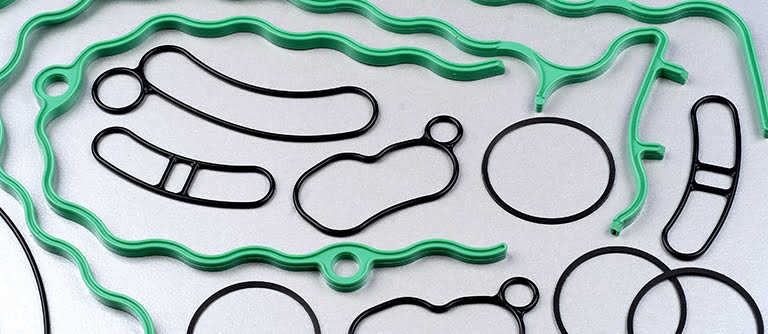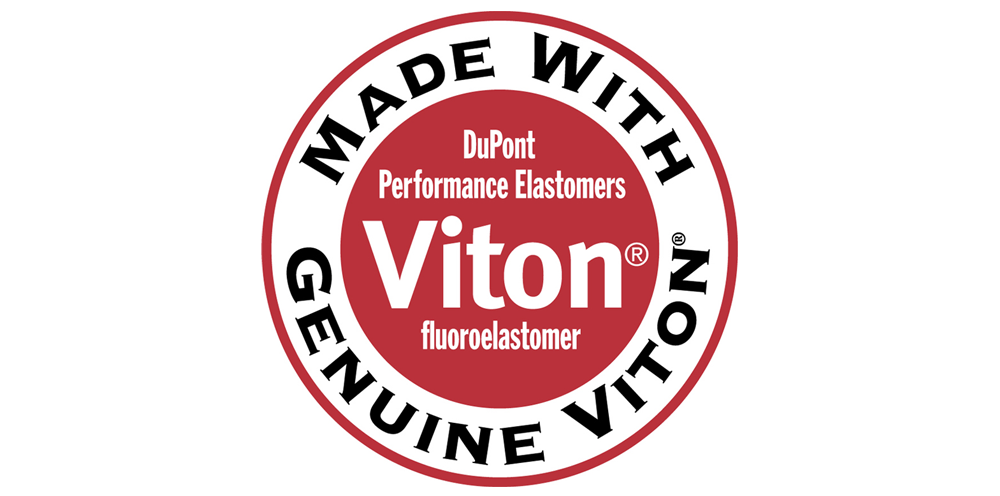Their durability and reliability ensures higher performance less downtime and a competitive advantage for designers and engineers using viton fluoroelastomer products.
Viton fluoroelastomer rubber properties.
Robinson rubber products company inc.
Products made with viton fluoroelastomers retain their flexibility shape and seal when exposed to chemicals and high temperatures.
While viton can be sometimes distinguished from other types of rubber by its often green or brown colour a more reliable test is its density of over 1800 kg m 3 significantly higher than most types of rubber 1010 1520 kg m 3.
Our rubber products are a proprietary blend of various polymers formulated to meet stated physicals and specifications.
Trade names include fluorel viton and technoflon.
Viton rubber a specific fluoroelastomer polymer fkm was introduced into the aerospace industry in 1957 to fulfill its needs for a high performance elastomer.
Whilst this is more expensive than standard compounds it is a lot cheaper than ffkm and can compete with some of these polymers in specific chemical exposure applications.
While expansion joints can be made from many types of rubber those made with viton high performance fluoroelastomers can be designed for the most demanding applications.
Makes no expressed or implied warranty as to any qualities attributes or.
Fkm viton viton is a registered trademark for fluroelastomer by dupont performance elastomers l l c.
Products made with viton high performance fluoroelastomers last longer and retain their flexibility strength and shape in the most extreme environments.
Viton fkm fluoroelastomer rubber is a high performance rubber that has an excellent resistance to many acids chlorinated fuels and hydrocarbons.
Many expansion joints work in harsh environments that might include excessive pressure and temperature or exposure to corrosive chemicals and the elements.
One of the special grades we refer to on our site is viton extreme etp 600s.
Specific gasket sheet properties should be taken into account before use in the gas and oil industry.
This fluoroelastomer fkm viton was introduced in 1957 to meet the requirements in the aerospace industry for a high performance elastomer.
Following its introduction the usage of viton spread quickly to other industries including the automotive appliance chemical and fluid power industries thanks to its natural.
Please note that information presented here is general to fluoroelastomer polymer.
The fluorine content of the most common viton grades varies between 66 and 70.

